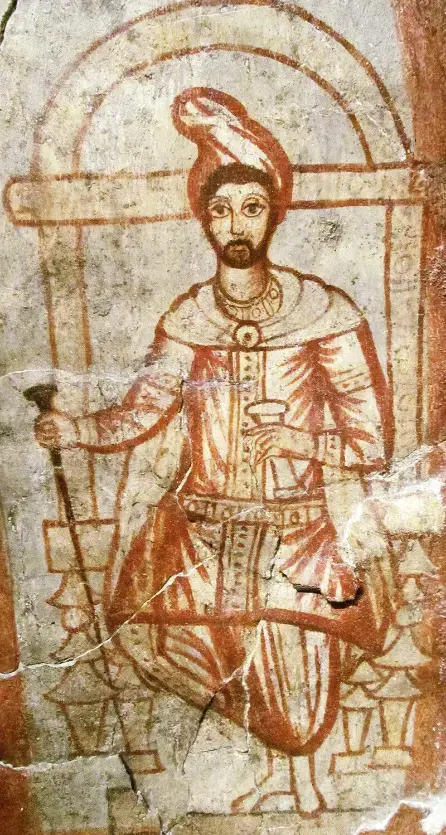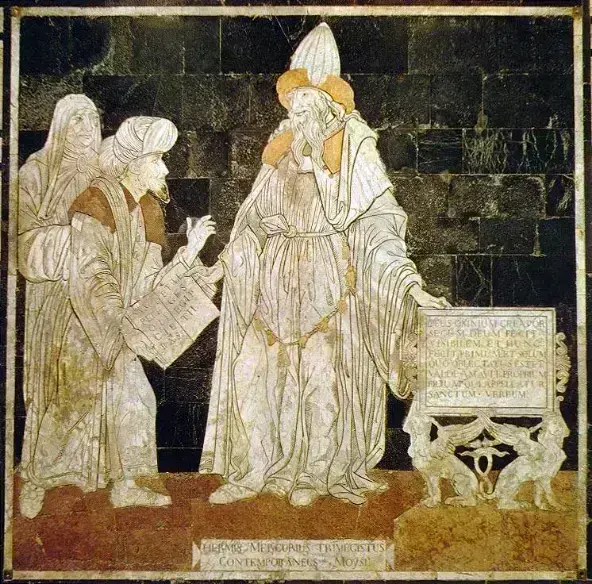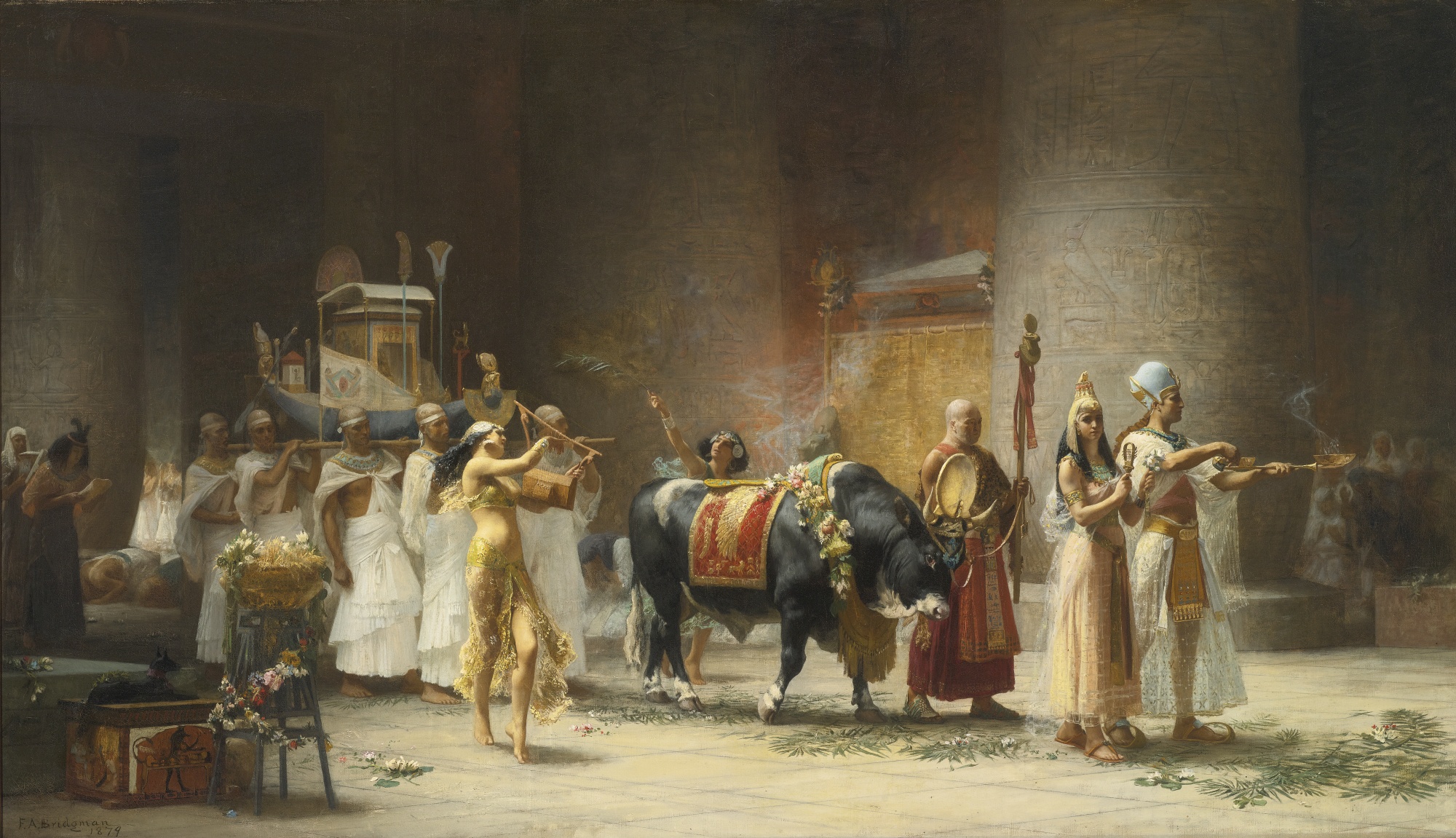Zoroaster

Zarathushtra Spitama, commonly known as Zoroaster or Zarathustra, was an influential Iranian religious reformer who challenged the established Ancient Iranian religion and founded Zoroastrianism. In the Gathas, the oldest Zoroastrian texts believed to be authored by him, he appears as a preacher and poet-prophet. His teachings influenced Greek philosophers like Heraclitus, Plato, and Pythagoras, as well as the development of Abrahamic religions.
Zoroaster spoke an Eastern Iranian language now called Avestan by scholars. Based on linguistic evidence, his homeland was likely somewhere in eastern Greater Iran, possibly in modern-day Afghanistan or Tajikistan, though his exact birthplace remains unknown. While traditionally dated to the 7th and 6th centuries BC (making him a contemporary of Cyrus the Great), most modern scholars use linguistic and cultural evidence to place him earlier, somewhere in the second millennium BC.
Zoroastrianism became Iran's dominant religion from approximately the 6th century BC and enjoyed official status during the Sassanid Empire until declining after the Arab-Muslim conquest of Iran in the 7th century AD. Zoroaster is credited with composing the Gathas and the Yasna Haptanghaiti, hymns written in Old Avestan that contain the core principles of Zoroastrian thought. However, little definitive information about his life exists outside these texts.
By modern historiographical standards, no conclusive evidence places him in a specific time period, and the historical details surrounding him may have developed from legends and myths before the 10th century AD.


